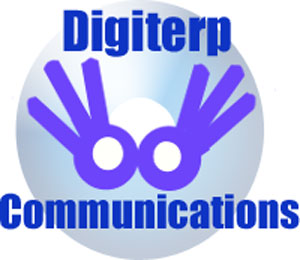Resources for Discourse Mapping
Discourse mapping is a term used for both the process of analyzing texts in interpreter education and skill development and the features of an interpretation that use linguistic features to create a connected and cohesive product. These resources are related to both doing the analysis and being able to create more effective discourse mapping in your work.
Analyzing Discourse: An independent study packet for working with Life in Parallel
This is a packet that takes you through a step by step process for doing discourse analysis.
Navigating Discourse Genres: Canoeing in the BWCA
This video series features a Deaf woman and a hearing man talking about their experiences canoeing in the Boundary Waters Canoe Area Wilderness. There are 6 parallel talks in this topic in the following genres: narrative, procedural, explanatory, hortatory, and argumentative.
Depiction, Blending, and Constructed Action
Miako Rankin, from Gallaudet University, did a workshop on Depiction that provides a good framework on how space is used, how classifiers are incorporated into that, and how depiction of action and conversation is an important framework for helping to understanding the mapping of space and discourse.
Videos for Discourse Mapping
A Source Text for Discourse Mapping Practice
Source Text with Processing Time
Translations without Mapping
To the best of our ability
With Mapping
Slavery and American Revolution
Source Text
No Mapping
With Mapping
Echolocation
The original lecture
With Commentary on Fingerspelling & Discourse Mapping features
A High School Anatomy Lecture
Posted in: "Cartography for Interpreters" Resources, "TIPS-Light" Resources, Discourse Mapping, In Service to Literacy, Mentoring Resources, Moving toward Best Practice, Putting Theory into Practice, Sense of Place, Swiss Army Knife Tools
